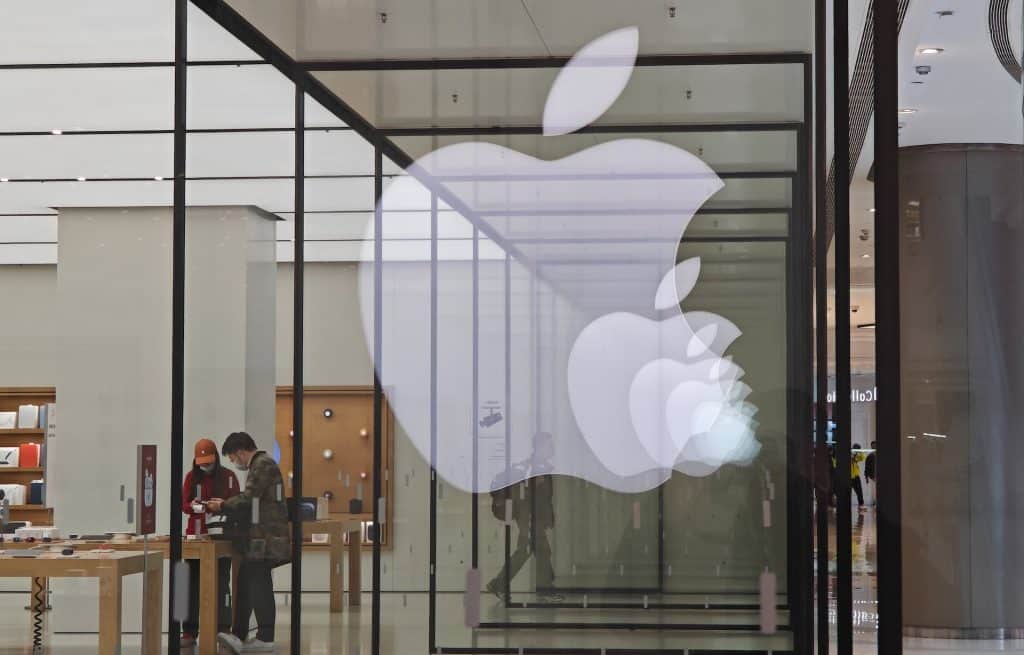Apple has published new details explaining how it will comply with Texas SB2420, a state law set to take effect on January 1, 2026, requiring age verification for all app downloads. The law introduces new parental consent requirements and stricter developer obligations, sparking privacy concerns across the industry.
According to Apple, while the company supports the goal of protecting children online, the Texas legislation could compromise user privacy by forcing the collection of sensitive personal information — even from users downloading simple, non-sensitive apps like weather or news services.
The Law’s Impact on App Store Accounts
Once the law goes into effect, all users in Texas creating a new Apple Account will have to confirm whether they are 18 years or older. For minors under 18, accounts must be tied to a Family Sharing group, giving parents or guardians control over all App Store downloads, purchases, and in-app transactions.
This means parental consent will now be mandatory for minors to access any app — regardless of content — if they live in Texas. Parents will also gain expanded authority to revoke consent later if they decide a minor should stop using a particular app.
Existing users who created accounts before the law takes effect will see fewer immediate changes, though developers will need to ensure their apps meet new technical standards before the deadline.
A New Set of Developer Responsibilities
Apple says developers will need to make specific updates to their apps to comply with SB2420. To help with this, the company is introducing new tools designed to minimize unnecessary data collection while meeting the state’s verification requirements.
The Declared Age Range API — available for implementation now — will play a key role. This API allows apps to access the user’s age category without directly storing or handling personal identification data. Apple plans to expand the API later this year to automatically provide the required age categories for users creating new Apple Accounts in Texas.
Developers will also be required to adapt their apps to handle parental consent requests. A new system API will allow apps to trigger a built-in Apple interface prompting the parent or guardian for approval whenever an app undergoes significant functional changes or collects new data. This approach helps developers meet legal obligations without designing separate verification systems — a move Apple says helps preserve privacy and consistency across platforms.
Privacy vs. Regulation
Apple’s statement emphasizes a familiar tension: balancing compliance with state and federal regulations while protecting user privacy. The company argues that the Texas law, though well-intentioned, risks overreaching by requiring unnecessary data collection for all users, not just minors.
“While we share the goal of strengthening kids’ online safety,” Apple stated, “SB2420 impacts the privacy of users by requiring the collection of sensitive, personally identifiable information to download any app.”
The company has historically opposed blanket verification laws that apply across all app categories, citing the potential for privacy erosion. However, Apple confirmed it will comply with the legislation while offering tools that minimize exposure of personal data to app developers.
Expanding to Other States
Texas is not alone. Similar laws will come into effect in Utah and Louisiana later in 2026, reflecting a broader push by U.S. states to regulate children’s online activity. Each law varies slightly in scope, but all share the same focus on age assurance, parental consent, and developer accountability.
For developers, this means designing flexible systems that can adapt to differing state-by-state regulations — a growing challenge as the U.S. regulatory landscape fragments. Apple’s new APIs are meant to reduce that complexity by providing a unified approach that works across jurisdictions.
What Comes Next for Developers
Apple has promised to release full technical documentation for the updated APIs later this fall. Developers will have several months to test their apps and integrate the new features before enforcement begins in January 2026.
Those building for the App Store in Texas — or for users whose accounts originate there — will need to pay particular attention to:
-
Implementing the Declared Age Range API
-
Supporting parental consent and revocation flows
-
Ensuring app updates trigger consent checks when required
-
Reviewing data collection practices to meet both SB2420 and Apple’s own App Store Review Guidelines
Apple reiterated its commitment to providing privacy-preserving tools for developers and robust parental controls for families, arguing that effective child safety can be achieved without compromising user anonymity.
As the new law looms, developers and privacy advocates alike will be watching how Apple — and the broader tech industry — navigates the intersection of child protection and personal data rights.
